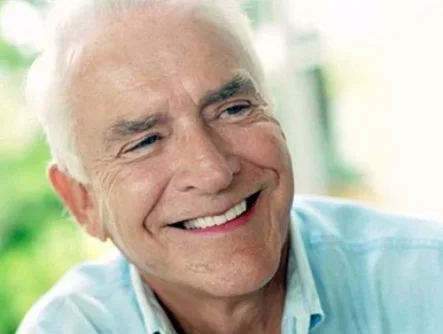Nelson Vergel
Founder, ExcelMale.com

Saad F, Yassin A, Haider A, Doros G, Gooren L.
Elderly men over 65 years of age with late-onset hypogonadism benefit as much from testosterone treatment as do younger men.
Korean J Urol. 2015;56(4):310-7.
PURPOSE: To investigate the potential benefits of testosterone administration to elderly men (>65 years) with late-onset hypogonadism (LOH) in comparison with younger men and to assess the safety of testosterone administration to elderly men.
MATERIALS AND METHODS: A total of 561 hypogonadal men from two registry studies were divided into age groups of </=65 years (group Y, n=450; range, 32-65 years) and >65 years (group O, n=111; range, 66-84 years). Following an initial 6-week interval, all men were treated with 3-month injections of parenteral testosterone undecanoate for up to 6 years.
RESULTS: Over the 6 years, there was a progressive decrease of body weight and waist circumference. Beneficial effects on lipids and other metabolic factors and on psychological and sexual functioning progressed over the first 24 to 42 months and were sustained. Rather than a deterioration, there was an improvement of urinary parameters. Prostate volume and prostate-specific antigen increased moderately. Hematocrit levels increased but remained within safe margins.
CONCLUSIONS: The benefits of restoring serum testosterone in men with LOH were not significantly different between men older than 65 years of age and younger men. There were no indications that side effects were more severe in elderly men. The effects on prostate and urinary function and hematocrit were within safe margins. Age itself need not be a contraindication to testosterone treatment of elderly men with LOH.













